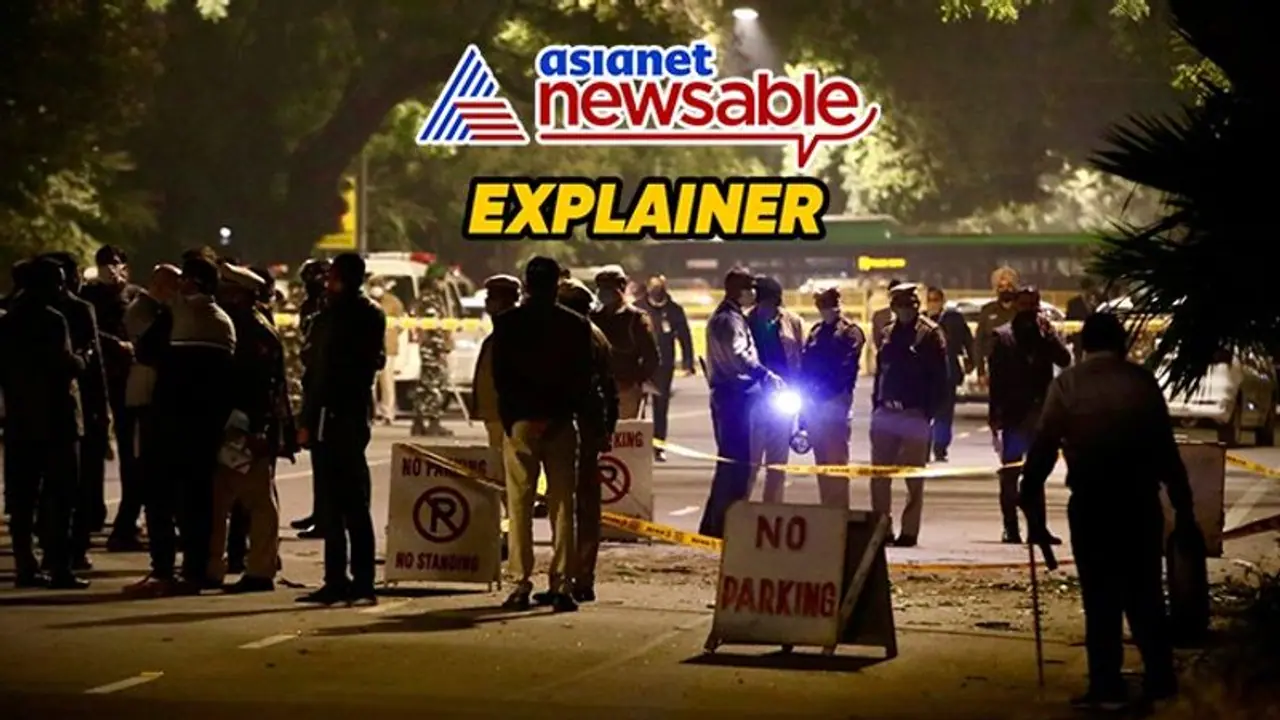The recent blast near the Israel embassy in Chanakyapuri underscores the ongoing security challenges faced by diplomatic enclaves in Delhi.
The blast near the Israel embassy in Delhi on Tuesday evening has once again brought attention to the security landscape in the city's Chanakyapuri neighbourhood. Home to numerous embassies, including those of the United States, the United Kingdom, and Germany, the area is considered "vulnerable" from a security standpoint. As investigations are underway, it highlights the ongoing challenges faced by security agencies in safeguarding diplomatic enclaves.

Security Measures in Chanakyapuri
Chanakyapuri, part of the New Delhi district, was established in the 1950s and named after the renowned philosopher and military strategist Chanakya. Spread over six square kilometers, the area houses important landmarks like Nehru Park and schools run by diplomatic missions. However, due to security concerns, the entire region is labeled as "vulnerable," leading to stringent security measures.
Also read: Israel embassy blast: 2 suspects caught on CCTV, safety advisory issued
The Diplomatic Cell, a specialized department of Delhi Police, enforces security in the area. Under its purview, parking of vehicles, private or otherwise, is strictly prohibited, and photography is banned. The Diplomatic Cell, led by an ACP-rank officer, plays a crucial role in maintaining order. Additionally, quick response teams (QRT) and vans patrol the vicinity around the clock to ensure a swift response to any security threat.
Security in the diplomatic enclave is a collaborative effort involving Delhi Police's Special Cell, the Intelligence Bureau, and other law enforcement agencies. The multifaceted approach aims to provide comprehensive security cover to safeguard the embassies and their personnel.
While the overall security of the diplomatic enclave falls under the jurisdiction of Delhi Police and other agencies, security within each embassy is managed by personnel from the respective nation. This ensures that each embassy tailors its security measures based on its specific needs and potential threats.
The Recent Israel Embassy Blast
On the evening of the incident, Delhi Police received a call reporting an explosion near the Israel embassy. Despite an extensive search, no physical evidence was found, except for a typed letter written in English. According to reports, the letter contained threatening language, including references to "jihad" on Israel, mentions of an organization called Sir Allah Resistance, and the phrase "Allah hu Akbar." Unfortunately, the blast site lacked CCTV coverage, complicating the investigation.
This incident is not the first security challenge faced by the Israel embassy in Delhi. In 2021, a low-intensity improvised explosive device (IED) detonated near the embassy, causing damage to three cars. Two years prior, in 2019, a bomb attached to a car exploded, injuring four people, including the wife of an Israeli diplomat. The investigation into the 2012 attack remains unsolved.
The recent blast near the Israel embassy in Chanakyapuri underscores the ongoing security challenges faced by diplomatic enclaves in Delhi. The incident prompts a reevaluation of existing security measures and highlights the need for continuous collaboration among various security agencies to ensure the safety of diplomats and embassy staff. As investigations progress, the focus on bolstering security in vulnerable areas becomes paramount to prevent future incidents and safeguard diplomatic interests in the Indian capital.
